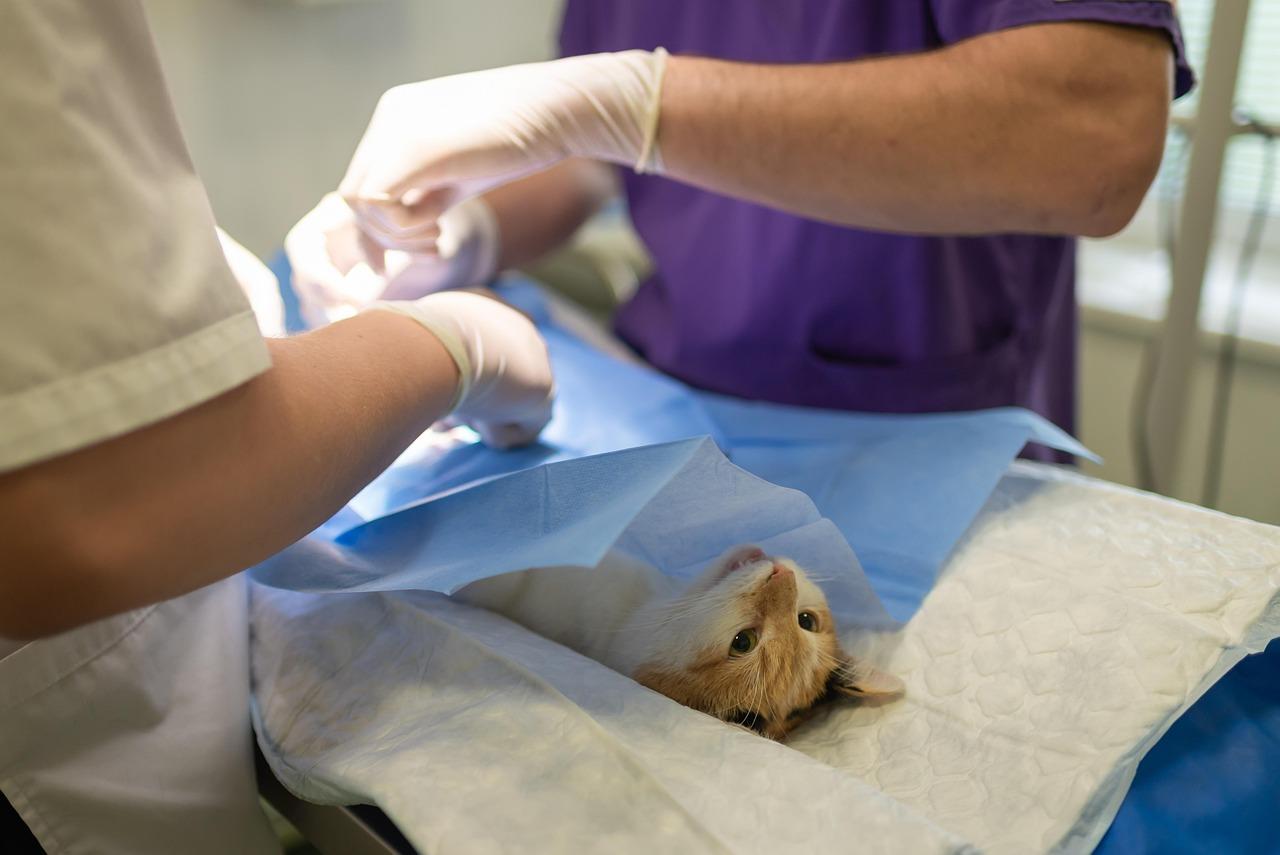Sep 10, 2025
Breed-Specific Pet Insurance: What to Know About Coverage for Popular Breeds
Breed-Specific Pet Insurance: What to Know About Coverage for Popular Breeds
Learn how your dog's breed affects pet insurance costs and coverage. From French Bulldogs to German Shepherds, get the right protection for your pet's genetic health risks.
Blog Post
Education

Your dog's breed significantly impacts pet insurance costs and coverage, with purebred dogs typically costing more to insure than mixed breeds due to higher health risks. High-risk breeds face unique health challenges—from breathing problems in flat-faced dogs to hip dysplasia in large breeds—but getting coverage early ensures maximum protection. The key is understanding breed-specific exclusions, hereditary condition coverage, and finding insurers who cover genetic conditions as standard benefits rather than costly add-ons.
If you've ever tried explaining to your regular insurance agent why your French Bulldog needs breathing surgery, you know the drill. They look at you like you're speaking another language. Here's the thing: breed matters—a lot—when it comes to pet insurance. Some breeds are basically furry lottery tickets for vet bills, while others cruise through life with minimal health drama.
Whether you're a weekend warrior hitting the trails with your German Shepherd or a full-time RV traveler whose Frenchie is along for every adventure, understanding breed-specific insurance needs is crucial for protecting your four-legged co-pilot.
Let's break down what you need to know about getting the right coverage for your specific breed, without the insurance jargon that makes your head spin.
How Does Your Pet's Breed Affect Insurance Premiums?
Your pet's breed directly impacts your insurance premium because different breeds show varying levels of probability for accidents and illnesses. Purebred dogs typically cost more to insure than mixed breeds because they're more prone to genetic health conditions.
Here's the reality: Mixed breeds are typically the least costly to insure because they're hardier and less likely to develop genetic conditions. Meanwhile, large purebred breeds are known for potentially expensive orthopedic problems like hip dysplasia, elbow dysplasia, and cruciate tears.
The insurance companies aren't just picking numbers out of a hat. They create risk pools or tiers, with different breeds falling into certain risk categories based on their chances of experiencing health conditions during their lifetime.
What Breed-Specific Health Conditions Should You Know About?

Different breeds come with their own genetic baggage—some heavier than others. The American Veterinary Medical Association emphasizes that some companion animals have known genetic and inherited features that negatively impact long-term health and welfare. Let's talk about the big players and their common issues.
French Bulldogs: The Breathing Challenges
French bulldogs are prone to numerous health issues, including breathing problems, IVDD, colitis, skin issues, and allergies. The biggest concern? Brachycephalic obstructive airway syndrome (BOAS) affects a significant percentage of flat-faced breeds.
Surgery is often recommended to treat BOAS and can be quite expensive. When you compare potential treatment costs to monthly premiums, pet insurance often makes financial sense for French Bulldog owners.
German Shepherds: The Joint and Heart Issues
German Shepherds are at higher risk for hip dysplasia, cataracts, and gastric dilatation volvulus (bloat), plus heart issues like murmurs, valve disease, and enlarged hearts. Bloat occurs when a dog's stomach twists, cutting off the blood supply—often from eating too quickly or running around after meals.
Large Breeds: The Orthopedic Problems
Hip dysplasia is prevalent in large dogs like Great Danes, Saint Bernards, Labrador retrievers, and German shepherds. Medical conditions like hip dysplasia and heart failure are more common in larger breeds.
How Do Insurance Companies Handle Hereditary Conditions?
This is where things get interesting. Not all insurers treat breed-specific conditions the same way.
The Good News: Many pet insurers include coverage for hereditary and genetic conditions as part of an accident and illness policy. Several major providers incorporate coverage for breed-specific conditions in their standard policies.
The Fine Print: Coverage applies as long as your pet isn't exhibiting symptoms before enrolling or during the waiting period. The key qualification is that there must be no pre-existing signs or symptoms of these conditions before the policy's effective date.
Some companies offer hereditary coverage as an add-on, allowing you to expand your coverage to include hereditary conditions for an additional cost.
What About Pre-Existing Conditions and Breed Risks?
Here's where timing becomes crucial. A pre-existing condition is basically any illness or injury that your pet had before coverage started.
The Exception: A condition may no longer be considered pre-existing if it's curable, cured, and free of symptoms and treatments for a specified period, though requirements vary by insurer.
Special Case: Some insurers offer limited coverage for certain pre-existing conditions after a waiting period, though this is uncommon in the industry.
For breed-specific conditions, this means getting coverage before symptoms appear is essential. Your best option is to insure your pet when they're still young, before any health conditions are likely to arise. And if you're planning adventures with your furry friend—whether that's weekend camping trips or living the nomadic lifestyle—having solid coverage becomes even more critical when you're miles from your regular vet.
When Should You Get Coverage for Your Breed?
Early is better—always. Many insurers have minimum and maximum age requirements, with most preferring younger pets due to lower health risks.
Age Impact on Pricing:
- Older pets typically cost more to insure than younger pets
- Most providers adjust rates as pets age to reflect increased health risks
The Sweet Spot: Get coverage when your pet is young for maximum protection and better rates, ideally before any breed-specific conditions have a chance to develop.
How to Choose the Right Coverage for Your Breed

Don't just look at the monthly premium—that's like buying a truck based only on the sticker price. Here's what matters for choosing the right protection for your adventure buddy:
Just like with any type of specialized insurance coverage, understanding what you're actually getting for your money makes all the difference.
1. Breed-Specific Coverage
Look for insurers that explicitly cover your breed's common conditions. Ask whether coverage for hereditary or genetic conditions is included or offered as an option.
2. Coverage Limits and Deductibles
Your deductible is the amount you must pay before your insurance starts covering costs. Higher deductibles mean lower monthly premiums but more out-of-pocket costs when you need care.
3. Reimbursement Rates
Your reimbursement rate determines how much of the vet bill your insurer will cover after your deductible is met. Most plans offer 70-90% reimbursement.
4. Waiting Periods
Typical waiting periods include 14 days for illnesses, 3 days for accidents, and 30 days for hereditary and congenital conditions.
What to Avoid: Common Coverage Exclusions
Even the best policies have exclusions. Here's what typically isn't covered:
- Grooming, including shampoos, baths, dips, and nail trims
- Breeding, pregnancy, whelping, and nursing costs
- Pre-existing conditions (with limited exceptions)
- Fees such as waste disposal, tax, record access/copying, and bank or credit card fees
Ready to protect your furry family member? Get a free pet insurance quote today and find out how much you can save while protecting your furry friend. Don't wait until that breed-specific condition shows up—by then, it's too late for coverage.
No—that's like waiting for a flat tire before buying roadside assistance. It's wise to insure your pet when they're younger, before conditions arise and you become ineligible for coverage.
Pets with a pre-existing condition are still eligible for pet insurance, though you won't get reimbursed for treatments related to that particular condition. Future unrelated injuries or illnesses would still be covered.
No, filing a claim on one policy in a bundle typically does not affect the other policies or the overall discount. Your bundling discount stays intact regardless of claims activity.
Absolutely. Mixed breeds are typically the least costly to insure, and while they're generally healthier than purebreds, accidents and unexpected illnesses can still happen. Plus, premiums for mixed breeds are typically lower than for purebred dogs.
Most companies price premiums based on breed because experience has shown that some breeds cost more to care for. However, some insurers use flat-rate pricing regardless of breed, though these are less common and may have other limitations.
Hereditary conditions are genetic disorders caused by genes inherited from parents, while congenital conditions are present at birth and may or may not be hereditary. Both can affect coverage, so understanding your breed's risks for each is important.
Roamly Insurance Group, LLC ("Roamly") is a licensed general agent for affiliated and non-affiliated insurance companies. Roamly is licensed as an agency in all states in which products are offered. Roamly license numbers. Availability and qualification for coverage, terms, rates, and discounts may vary by jurisdiction. We do not in any way imply that the materials on the site or products are available in jurisdictions in which we are not licensed to do business or that we are soliciting business in any such jurisdiction. Coverage under your insurance policy is subject to the terms and conditions of that policy and is ultimately the decision of the buyer.
Policies provided by Roamly are underwritten by Spinnaker Insurance Company, Progressive Insurance Company, Safeco Insurance Company, Foremost Insurance Company, National General Insurance, Mobilitas Insurance Company, and others.
Connect
© 2026 Roamly All rights reserved.
